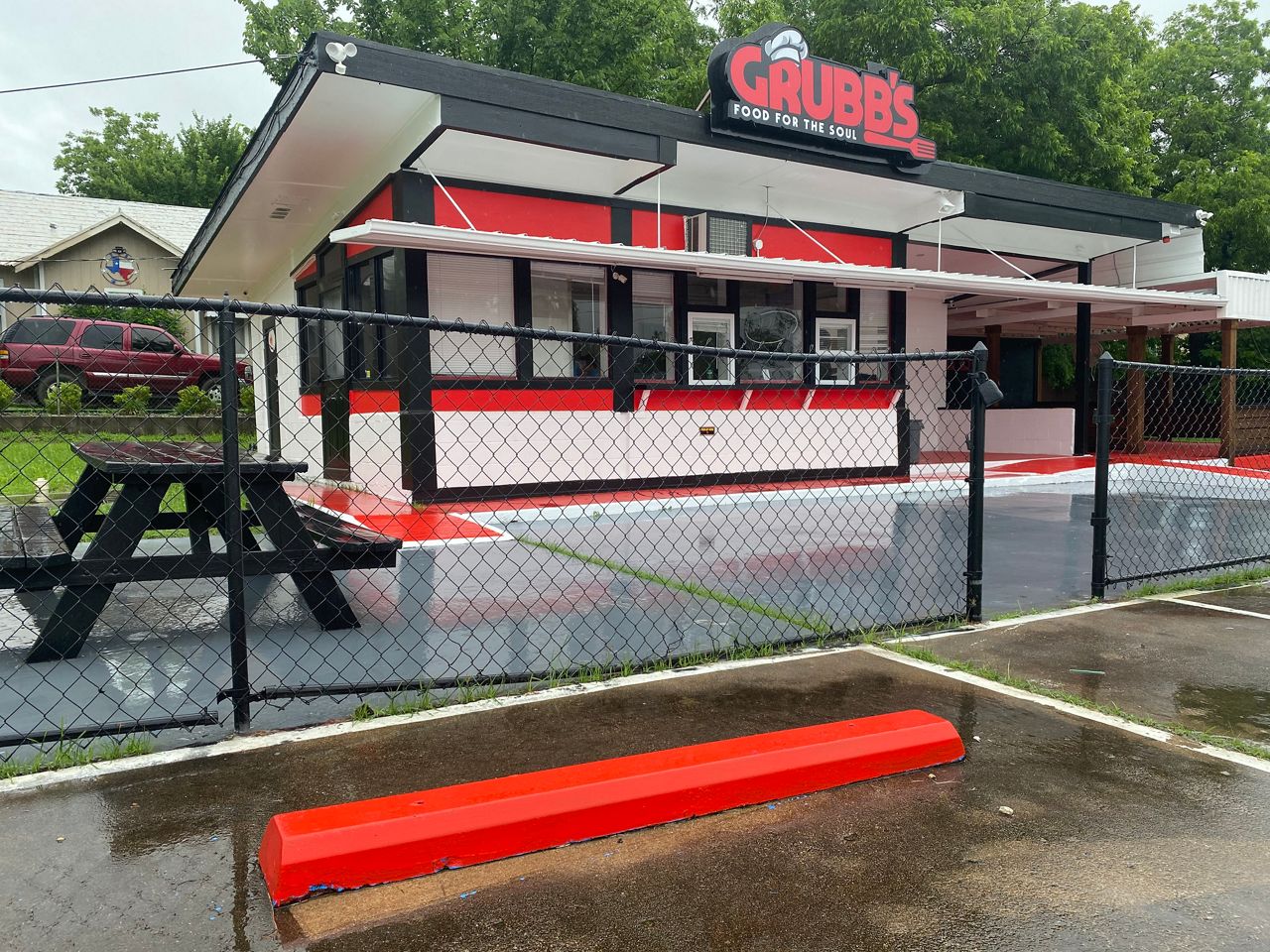GREENVILLE, Texas — Economically segregated towns and cities throughout Texas still shed light today on the hardships minorities have faced in American history. Government actions ranging from Jim Crow laws to gerrymandering have made it difficult for economic progression in many communities of color.
In Greenville, Texas, the railroad tracks that split through the city make way for a dividing line between developed and lesser developed areas. In the eastern portion of Greenville, more than two dozen hot meal establishments have opened since the year 2000. However, in the majority black and brown neighborhoods, just west of the tracks, less than six establishments are accessible for a warm meal.
Greenville native and entrepreneur Rod Davis saw the economic opportunity that could exist while growing up in the 75401 zip code. As a school-aged kid, Davis remembers going to the only hot meal establishment on their side of town called Dairy Dart.
"This place was so historical in what it did and the food that it brought out, the customer service that it brought,” said Davis. “It brought people together."

After Dairy Dart closed down in the early 2000s, accessibility for a quick hot meal became more of a challenge.
"We always had to go out of our community to get what we needed for meals, and for supper and dinner," said Davis. "It was granny’s way of going uptown."
Davis knew the feeling of commuting miles for a quick bite wore thin on many who lack cars in a city without public transit. So after years of witnessing economic growth on the city's east side, the entrepreneur now turned chef, knew the time was now to start catering to his community.
"We love this city period, and wanted to bring our city together," said Davis. "We wanted to bring Wesley Street back to this side."
On Juneteenth, Davis and his business partner will be opening a quick service establishment in the heart of the 75401 zip code. Through the love of soul food and service, the Grubb's team is hoping to bring back a social atmosphere that once gave more life to their community.
Davis hopes that his business not only attracts people in the neighborhood, but also those who are willing to give his restaurant a chance in a city still feeling the wound of segregation.



